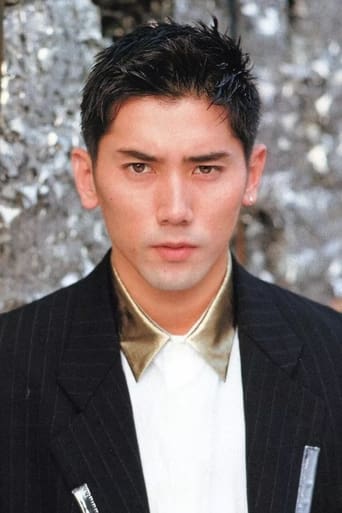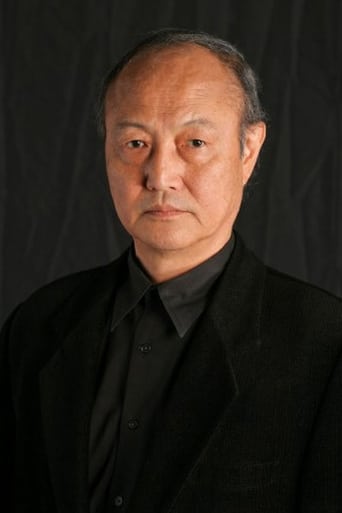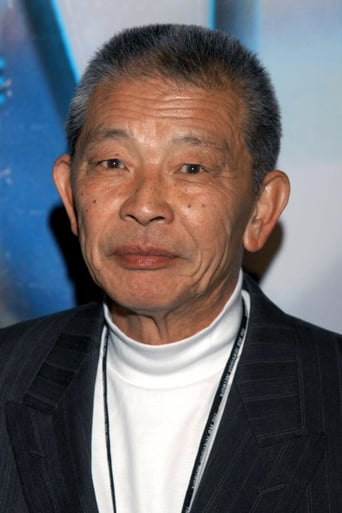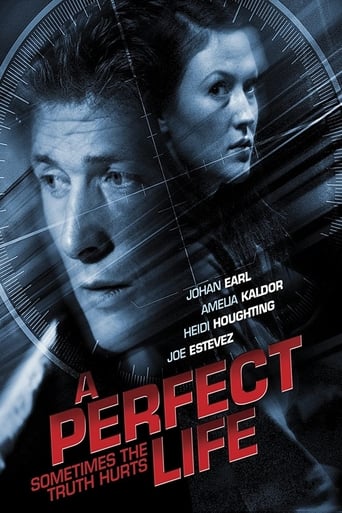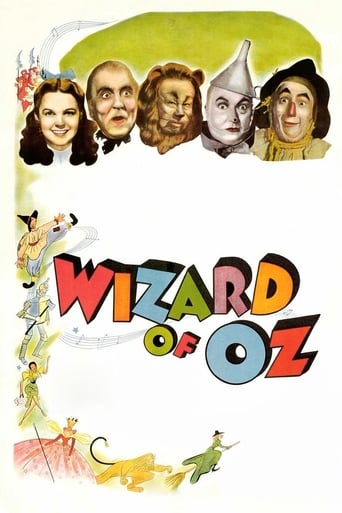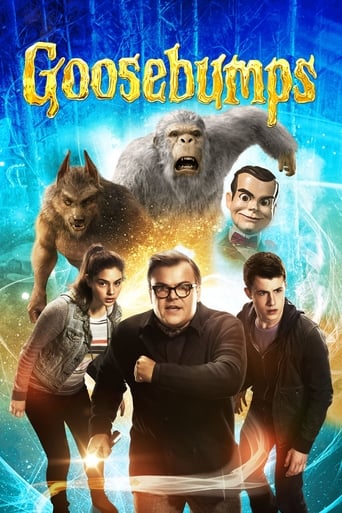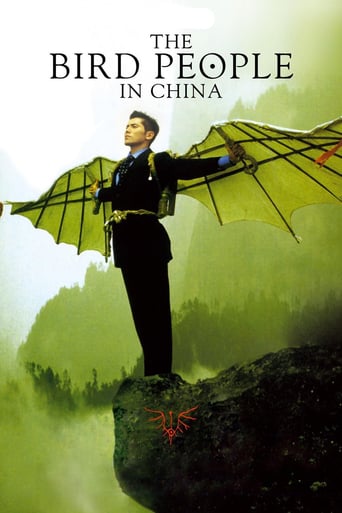
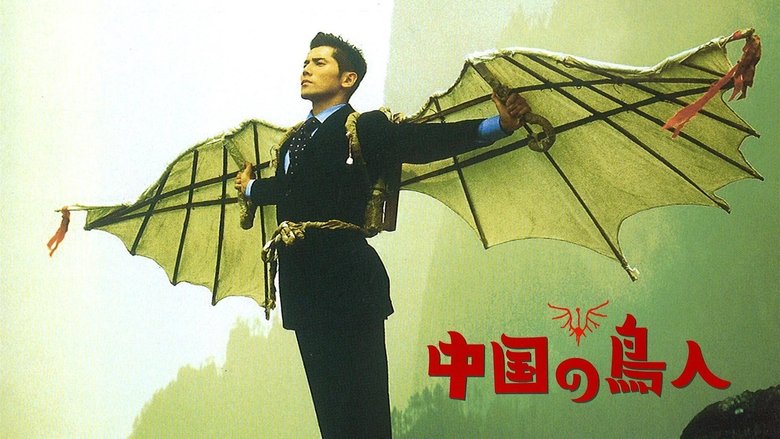
The Bird People in China (1998)
Wada, a salary man, is enlisted to venture off to China to investigate a potential Jade mine. After his arrival, Wada encounters a violent, yet sentimental, yakuza, who takes the liberty of joining his adventure through China. Led on their long and disastrous journey to the mine by Shen, the three men come across something even more magical and enticing.
Watch Trailer
Cast


Similar titles
Reviews
THE BIRD PEOPLE IN CHINA boasts some of the most spectacular scenery in cinema history, from unbelievable mountain ranges to raging rivers whose thundering power is palpable. Led by Shen (Mako), young Japanese businessman Wada and yakuza Ujiie venture into the Chinese countryside of Yu Nan in search of jade, which leads them in a roundabout way to the mysterious "Bird people." At times an oddball odyssey (at one point, the three indulge in some toadstools that cause hallucinations, which results in Shen losing his memory), at others THE BIRD PEOPLE IN CHINA recalls Werner Herzog's epic, AGUIRRE: THE WRATH OF GOD. That's NOT an exaggeration. Ujiie falls for the village of the "Bird people," while Wada contemplates "the birth of the Earth." They watch local children being given "flying lessons" that consist of flapping homemade wings. "This place," Wada wonders: "Where could this be...?" "This planet is finished," Ujiie states, matter-of-factly. The two travelers decide to give the act of flight an attempt, to prove that there's magic of a sort still left in the world. "If we fly," Wada says, "they'll be convinced." Wada and Ujiie, makeshift wings attached to their shoulders, then proceed to run at breakneck speed toward the edge of a cliff, screaming as they go. It's a beautiful scene, and the climax is bittersweet. Highly recommended.
This film was a visual feast. I have not seen Miike's other films, although they are on my list of films to see, but I am well aware of his ultra-violent catalog and was pleased to see that was not at all the case with this film.The film moves along at a somber pace, unfolding just as it should through the absolutely beautiful landscapes of China. Along the way we are entertained by the company of two entirely different people: Mr. Wada (Motoki), a Japanese businessman, and Ujiie (Ishibashi), a Yakuza gang member. Both men were sent to a remote village in China to investigate the potential of acquiring jade from the village. Their reactions to the rough trip out to such a remote village are hysterical at times, and yet when they arrive they find themselves perplexed by what they ultimately discover.The film is really a reflection of the progression of mankind and just how much our perceptions of wealth and human value have changed over time. Confronted by such isolated beauty and tranquility, the men began to question their motives for arriving in the first place. It is clear that Ujiie truly understands what is at stake to be lost if they are to continue on with their business and it drives him to commit desperate acts in order to save what he sees as the impending loss of the villages cultural heritage and innocence.The paradox of the situation is brought to light by Mr. Wada, who understands how Ujiie feels, but points out that it is modernity that brought them to such a place to begin with. Really makes you think about the relationship between technological advances (which, in some cases, are what the villagers want) and the effect they will have on the way of life in these rural villages. Is modernity worth the loss of cultural heritage?
A yakuza and a businessman travel from Japan to a remote village in the Yun Nan area of China. A vein of jade has been discovered there for which both the businessman's company and the yakuza whom the company owes to have taken interest to. However what starts out as a business trip motivated by petty means, soon evolves in a mystifying elegy atop the Chinese mountains.There is a sense of mystery and contemplation in Bird People that combined with so many lovable quirks reminded me of the great Tom Robbins and his work. It turns out the first of the Bird People fell from the sky. But who are they? The first half of the movie that involves the trip to the village is episodic in nature and more funny and laid-back; a road trip in essence but the images of poor, rural China and its beautiful nature carry the same affection that Emir Kusturicha films Yugoslavia with. The second part takes on a more contemplative tone as both the yakuza and the businessman become infatuated with the serene beauty of the remote village.Bird People is in turns funny, poignant, touching, sentimental, melancholic, mysterious but above all it's a beautiful, poetic movie. There are sudden busts of violence that remind us this is still a Takashi Miike film we're watching, but it is a far cry from the ultraviolence of his other work. I daresay it's even better (in a different way). The way the images, pacing, score and story mesh together, you realize you're in the hands of a master cinematician. If it turns melancholic and nostalgic during the end, it's because Bird People is ultimately a movie about people that want to be free of the things that bind them; the luxury of letting go. Some of them succeed, others don't. But in this case, it's the journey that matters.
Takashi Miike is the living definition of the word "indefatigable". In a career that began in the early 1990s, he has directed a staggering number of films in a mind-boggling array of different genres, from horror to family films, even a musical (!); but Miike is probably best known for his Yakuza (Japanese gangster) films. The likes of FUDOH, ICHI, and DEAD OR ALIVE, with their over-the-top violence and surreal (often disgusting) setpieces, are Miike's chief claim to fame. In one respect that's a pity, because every once in a while, Miike will produce a wild card, and BIRD PEOPLE IN CHINA is a film that fits into that latter category. The man character is a young Japanese executive named Mr. Wada (Masahiro Motoki), who is sent by his boss to a remote region in the wilds of China to survey a supposedly rich jade mine. He is joined on his trip by a Yakuza named Ujiie (Renji Ishibashi), who plans on taking the jade as payment for some outstanding debts on the part of Wada's boss. After they are taken as far as the train will go, Wada and Ujiie are met by their guide, the absent-minded Mr. Shen (scene-stealer Mako), who takes them through the rugged, unsettled terrain of rural China, first on foot, and then on a raft pulled by several huge sea turtles. When the three men finally reach their destination, a village left untouched by the ravages of industrialization, Wada and Ujiie have a few epiphanies that will prove to make leaving rather difficult. It sounds like a simple story, and it is, but there's something about this film that makes it great, but that I find hard to articulate. No doubt the startlingly beautiful cinematography by Hideo Yamamoto has a lot to do with the film's hypnotic quality. And then there's the genuinely touching story of two men who discover a whole other side to themselves that they were never previously aware existed. And finally, the film's deft blend of genres is seamless: it shifts gears from a screwball/buddy comedy to a jungle-bound adventure to an existential rumination on identity and civilization, finally ending on a dream-like note of perfect serenity. There is one scene of Yakuza violence that seems inserted to remind us that we're watching a Miike film, but it's fleeting and, compared to some of what can be found elsewhere in his films, it's utterly tame and inoffensive. There's also an ecological message packed into the mix. So, final verdict: for fans of Miike who wonder what else the man is capable of, I highly recommend BIRD PEOPLE IN CHINA, surely the gentlest and most poignant of all the man's movies (at least that I've seen). For the truly open-minded aficionado, there is much to be enjoyed here.


